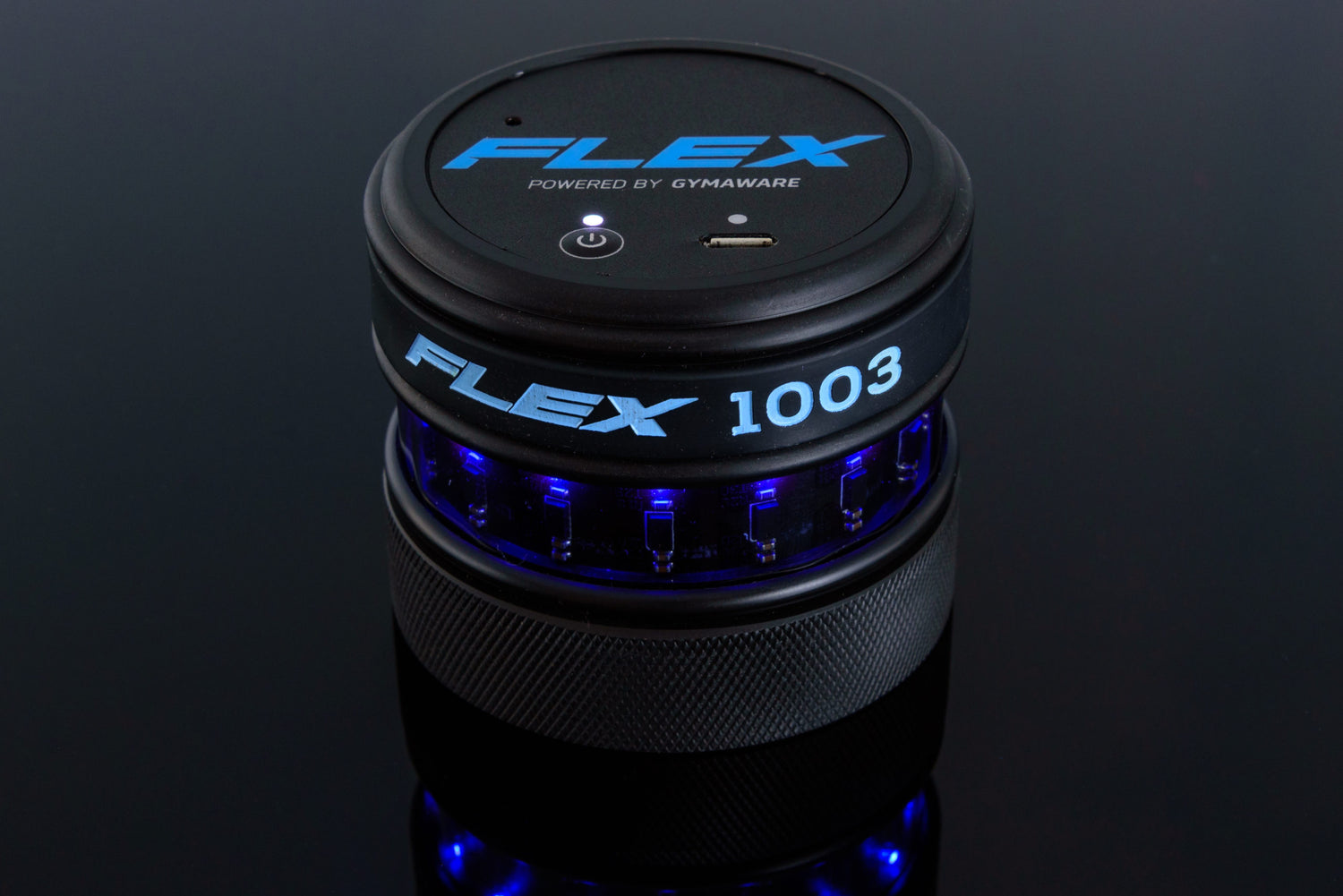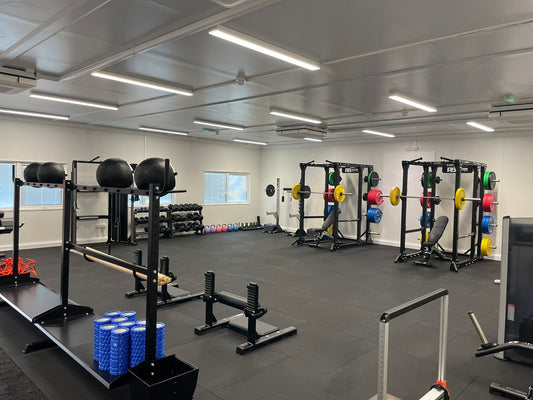Abstract
Objectives:
The purpose of this meta-analysis was to examine the effect of flywheel resistance training with Eccentric Overload (FW-EOT) on muscle size and functional capacities (i.e. strength and power) in athletes and healthy subjects, and to compare flywheel-induced adaptations with those triggered by traditional resistance exercise interventions.
Design:
A systematic review and meta-analysis of randomised controlled trials.
Methods:
A search of electronic databases was conducted to identify all publications employing FW-EOT up to April 30, 2016. Outcomes were analyzed as continuous outcomes using a random effects model to calculate a standardized mean difference (SMD) and 95% CI. A total of 9 studies with 276 subjects and 92 effect sizes met the inclusion criteria and were included in the statistical analyses.
Results:
The overall pooled estimate from the main effects analysis was 0.63 (95% CI 0.49-0.76) with a significant (p<0.001) Z overall effect of 9.17. No significant heterogeneity (p value=0.78) was found. The meta-analysis showed significant differences between FW-EOT vs. conventional resistance training in concentric and eccentric strength, muscle power, muscle hypertrophy, vertical jump height and running speed, favoring FW-EOT.
Conclusions:
This meta-analysis provides evidence supporting the superiority of FW-EOT, compared with traditional weight-stack exercise, to promote skeletal muscle adaptations in terms of strength, power and size in healthy subjects and athletes.
Authors: Maroto-Izquierdo S1, García-López D2, Fernandez-Gonzalo R3, Moreira OC4, González-Gallego J4, de Paz JA4.
Publication: PubMed
Click here for flywheel resistance training products
Stay up to date with our latest news from Twitter HERE
Like us on Facebook



































